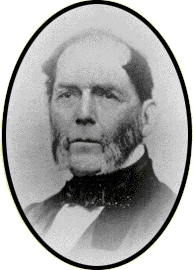Gesner, Abraham (Society & Environment)
Gesner, Abraham
Abraham Gesner (1797-1864), a Canadian scientist who devised a method to distill kerosene from petroleum in 1849. Kerosene would go on to revolutionize the lighting industry, quickly replacing whale oil and waxes as the principal fuel for industrial society. Although Gesner studied medicine and set up his own medical practice in Nova Scotia, Canada, his heart was in the study of geology. While practicing medicine, he collected fossils and other specimens, building up an impressive collection. In 1838, the Canadian government appointed him Provincial Geologist of New Brunswick, Canada, the first in a British colony. His work, A Practical Treatise on Coal, Petroleum and Other Distilled Oils (1861), became an early standard reference for the petroleum refining field. Gesner's inventions include a wood preservative, a process of asphalt paving for highways, briquettes made from compressed coal dust, and a machine for insulating electric wire. Gesner is also known as the founder of the first museum in Canada, the Gesner Museum, which opened in 1842.
Further Reading
Abraham Gesner: Lighting up the Nineteenth Century (Canada's Digital Collections, Government of Canada)
Petroleum History: Canadian Beginnings (Petroleum History Society)
